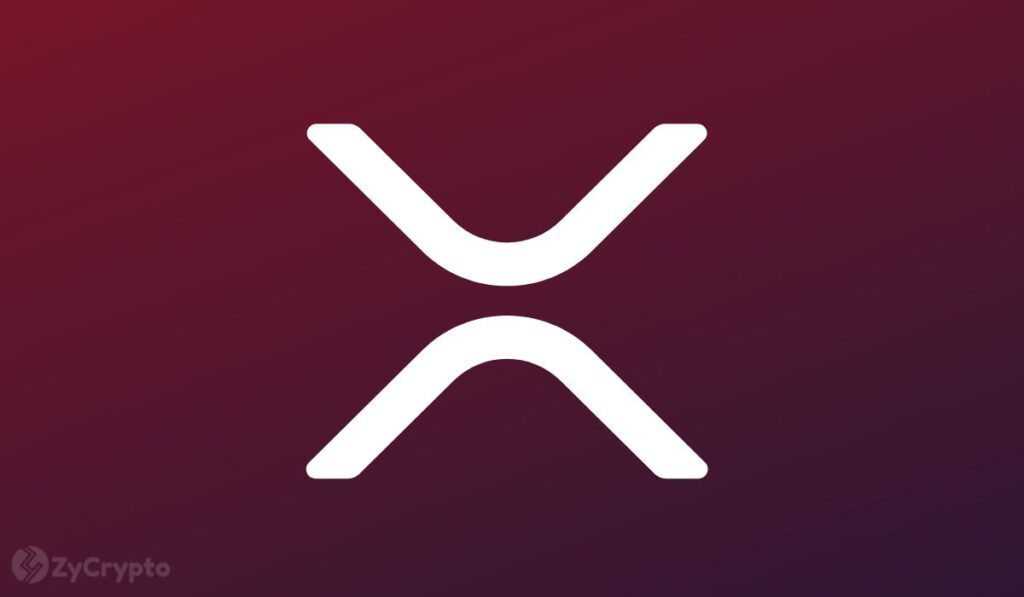US-based crypto lobbyist group, the Blockchain Association, has filed an amicus brief seeking to be enjoined to support Ripple in the SEC vs Ripple lawsuit.
In the 39-page document dated October 28, the group throws its weight behind Ripple’s argument that the SEC is wrong on the law and that its pattern of regulation by enforcement is harmful to both US crypto companies and the investors that it’s meant to protect.
For close to two years, Ripple and two top executives have been battling a lawsuit brought against them by the US Securities and Exchange Commission over allegations that the trio issued XRP tokens for sale in contravention of the Securities Act. According to the group, by attempting to use the Howey test in justifying XRP as a security despite failing to guide the definition of an “investment contract”, the SEC was resulting in “regulation by enforcement”, which was illegal.
“The SEC seems to believe that that token remains a “security”. Indeed, the SEC Chair Gary Gensler recently opined, without significant explanation, that the “vast majority” of tokens are securities. Put simply, that view should not be – cannot be – the law,” the brief read.
Commenting on the brief, Jake Chervinsky, head of policy at the Blockchain Association, noted that the “fatal flaw” in the SEC’s position had been its failure to distinguish primary sales from downstream transactions in the secondary market.
 
 
“The SEC ignores the difference between promises that go along with a token sale (maybe a security) and the token itself (never a security),” Chervinsky said. “Instead, the SEC takes the position “once a security, always a security, no matter what,” he added.
According to the lawyer, understanding the distinction between primary and secondary sales was crucial since the SEC’s allegations about the secondary market led to XRP being delisted in 2020, causing a dramatic price crash “and hurting the same XRP holders whom the SEC is supposed to protect.”
Last week, the SEC finally obtained the long-sought documents of former SEC director William Hinman where he was captured stating that Ethereum was not a security. “I know Dir. Hinman has come to play a controversial role in this dispute, but I believe his statement of the law on Howey was correct.” Chervinsky added that the SEC failed to prove that XRP was a security.
Whereas there is no telling when the lawsuit will end, the crypto community has increasingly shown interest as the outcome will affect the whole industry. Investors have also remained optimistic that Ripple will win the case providing the much-needed boost for XRP prices.


